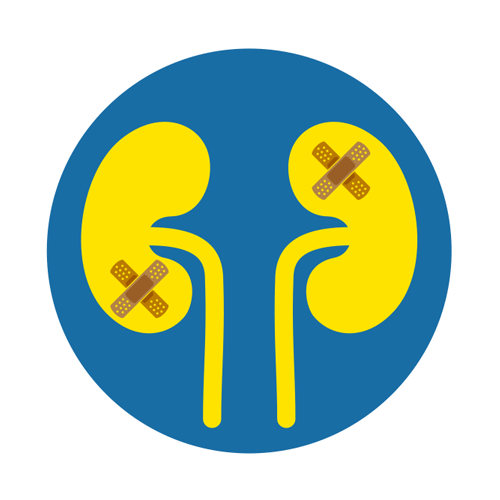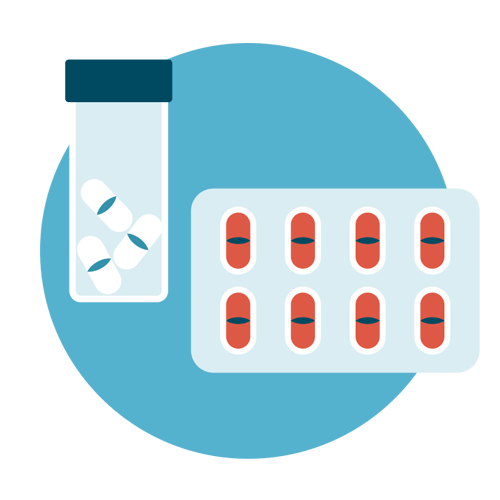Caring for Common Complications of Sickle Cell Disease

Download and print this page [PDF – 293 KB]
People with sickle cell disease (SCD) are at greater risk than the general population for problems related to the heart, lung, and kidneys. Share your medical history with your healthcare team so it can properly identify and treat any complications of SCD you currently have or may develop. Your healthcare team may include your primary care provider, SCD provider, and any other healthcare specialists. Below are common complications of SCD and steps you can take for better health.
High Blood Pressure
- Know your numbers. Ask your provider about your blood pressure reading at each visit. Keep track of this information and talk to your provider if your blood pressure reading is above 120/80 mm Hg.
- If you have high blood pressure, you can help lower it by doing the following:
-
- Be physically active.
- Eat healthy.
- Quit smoking.
- Limit how much alcohol you drink.
- Get enough sleep.
For more information, read the heart fact sheet »

Blood Clots
- Get medical attention immediately if you experience any symptoms of blood clots.
- Talk to your provider about any factors that might increase your risk for blood clots.
- Talk to your provider to get the facts about anticoagulants (commonly known as “blood thinners”). The lifesaving benefits of these medicines often outweigh the potential risks. Still, it’s important to learn about both before you start taking them.
For more information, read the blood clot fact sheet »

Breathing- and Sleep-related Problems
Talk to your provider if you currently have, or have ever had, any signs or symptoms of breathing- or sleep-related problems.
For more information, read the lung fact sheet »

Kidney Problems
Albuminuria (too much protein in the urine)
People with SCD often have albuminuria, or too much protein in the urine (possibly an early sign of kidney disease). Remind your provider to check your urine every year. A simple urine test done every year will help your provider monitor the amount of protein in your urine. Your provider may prescribe medicines that lower the amount of protein in your urine to help protect your kidneys.
Worsening anemia related to chronic kidney disease
Chronic kidney disease is a condition in which the ability of the kidneys to make urine properly decreases over time. In people with SCD, chronic kidney disease can cause worsening anemia, a condition in which the body does not make enough red blood cells. Talk to your provider about any symptoms of anemia. Your provider will likely prescribe medicines that help with the anemia caused by chronic kidney disease.
End-stage kidney disease
Chronic kidney disease can progress into end-stage kidney disease, a fatal condition in which your kidneys stop working. In later stages of kidney disease, ask your provider if a kidney transplant (a surgery in which a damaged kidney is replaced with a healthy kidney from someone else) is an option for you.
For more information, read the kidney fact sheet »

3 Tips for Safe Use of Medicines
If your provider prescribes medicine for any of the common complications of SCD mentioned above, take the following steps:
- Ask your provider about the benefits and risks of your medicine.
- Take your medicine exactly as prescribed.
- Report any side effects of your medicine.
For more information, read the fact sheet about safe use of medicines »
This information is based on ASH SCD Guidelines: Cardiopulmonary and Kidney Disease.
Increase awareness about the steps to better health for people with SCD by sharing these resources on social media channels.
